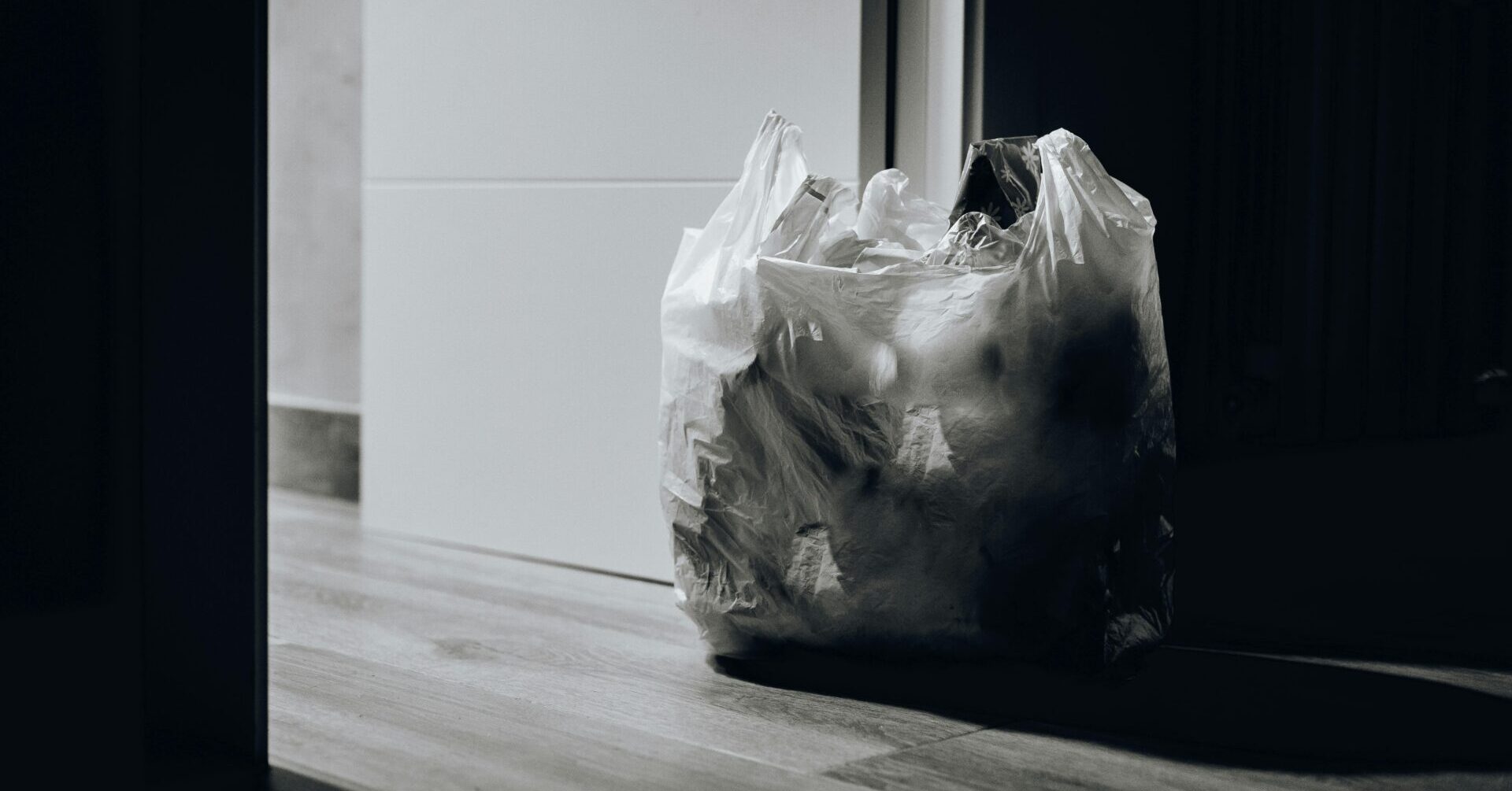Teshawn Steve Lynch, a man with a history of prior court appearances, has admitted to possessing nearly 300 grams of crack cocaine, valued at over $10,000. The admission came during a court hearing on Monday, where details of the case were revealed. Lynch was apprehended in a recent police operation, and prosecutors have emphasized the significant quantity of the dangerous drug involved. Sentencing is scheduled for later this week, with the court expected to take Lynch’s previous convictions into account when determining his punishment. This case underscores the persistent issue of drug-related offenses and their detrimental effects on the community. Authorities continue to address the challenges posed by illegal drug activities, aiming to mitigate their impact on public safety and well-being.
分类: society
-

Police seize firearm and ammunition during search in Christ Church
In a significant breakthrough in the fight against illegal firearms, the Royal St. Christopher and Nevis Police Force (RSCNPF) has successfully apprehended Joel Browne of Christ Church. The arrest followed a meticulously coordinated joint operation on September 25, 2025, involving the Special Services Unit (SSU) and the Joint Security Operations Tactical Team (JSOTT). During the search of Browne’s premises, law enforcement officers uncovered a cache of illegal items, including controlled drugs, firearms, and ammunition. The seized items comprised one Beretta firearm, 19 rounds of 9mm ammunition, two 12-gauge cartridges, one spent 9mm shell, and a bulletproof vest. Browne was formally charged the following day with three counts of possession of ammunition and one count of possession of a firearm. This operation underscores the RSCNPF’s unwavering commitment to reducing gun-related crimes and enhancing public safety in the region.
-

Police seize firearm and ammunition during search in Christ Church
In a significant breakthrough in the fight against illegal firearms, the Royal St. Christopher and Nevis Police Force (RSCNPF) has successfully apprehended Joel Browne of Christ Church. The arrest followed a meticulously coordinated joint operation on September 25, 2025, involving the Special Services Unit (SSU) and the Joint Security Operations Tactical Team (JSOTT). During the search of Browne’s premises, authorities uncovered a cache of illicit items, including controlled drugs, firearms, and ammunition. Among the seized items were a Beretta firearm, 19 rounds of 9mm ammunition, two 12-gauge cartridges, one spent 9mm shell, and a bulletproof vest. Browne was formally charged the following day with three counts of possession of ammunition and one count of possession of a firearm. This operation underscores the RSCNPF’s unwavering commitment to reducing gun-related crimes and enhancing public safety in the region.
-

Relocation of Traffic Department, Grenville
The Traffic Department in Grenville has officially moved to a new location at the Grenville Bus Terminus, effective as of 9:00 AM on Monday, September 29, 2025. This relocation ensures that all services previously offered at the old site will now be accessible at the new address. Concurrently, the Grenville Police Station has also been relocated to the former MNIB building on Victoria Street. These changes aim to enhance operational efficiency and provide better service to the community. The Royal Grenada Police Force has expressed regret for any inconvenience caused by these moves and has extended its gratitude to the public for their patience and cooperation during this transition. For further information or assistance, residents are encouraged to visit the new locations or contact the relevant authorities directly.
-

Cutting food waste, protecting our future
Every day, vast quantities of food are wasted globally, from spoiled produce to unsold pastries. This issue is particularly pressing in Grenada, where many families struggle to secure enough nutritious food. Recognized on September 29, the International Day of Awareness for Food Loss and Waste highlights the urgent need to address this global challenge. Reducing food waste is not only essential for food security but also for protecting the environment and supporting local economies. The Codex Alimentarius, a set of international food standards developed by the Food and Agriculture Organisation (FAO) and the World Health Organisation (WHO), plays a pivotal role in this effort. These standards guide food handling, storage, packaging, and transportation to minimize waste and ensure safety. Grenada’s National Codex Committee is at the forefront of this initiative, bringing together farmers, food businesses, and government agencies to implement Codex guidelines. By adopting these best practices, Grenadian producers can reduce spoilage, improve food quality, and ensure more produce reaches consumers. A critical focus is the post-harvest stage, where improper handling, storage, or transportation can lead to significant losses. Simple measures, such as better storage and packaging, can make a substantial difference. Reducing food waste directly impacts food security by making food more affordable, boosting farmers’ incomes, and reducing reliance on imports. It also benefits the environment by decreasing landfill waste and conserving resources. Clear labelling is another key factor, helping consumers and retailers make informed decisions about food safety and storage. This reduces premature disposal and extends the shelf life of products. Grenada’s National Codex Committee continues to raise awareness and provide guidance to the agricultural sector, ensuring food is safe, nutritious, and used efficiently. By addressing food waste, Grenada is not only safeguarding its food supply but also protecting its economy, environment, and future generations.
-

Environmental Health officials issue detailed reminder tackling illegal dumping issue
The Environmental Health Department in Dominica has heightened its vigilance against illegal waste disposal, a pressing issue that threatens both environmental integrity and public health. Environmental Health Officer Kursha Augustine, in a recent statement, highlighted the severe implications of improper waste management, particularly during the hurricane season. Augustine urged residents to adopt responsible waste-handling practices, including recycling, reusing materials, and composting organic waste for backyard gardens. The department also emphasized the importance of community involvement in organized cleanup campaigns and the proper disposal of waste through official channels to prevent re-dumping and the proliferation of pests. Residents are encouraged to report illegal dumping activities to local authorities, the Solid Waste Management Corporation, or their village councils. Augustine warned that unmanaged waste attracts pests that can spread diseases, pollute water sources, and degrade community spaces. The Ministry of Health, Wellness, and Social Services called on all residents to take proactive steps to maintain cleanliness, protect public health, and preserve the beauty and safety of their communities. The statement concluded with a reminder that safeguarding the environment and public health is a shared responsibility, especially during the hurricane season.




